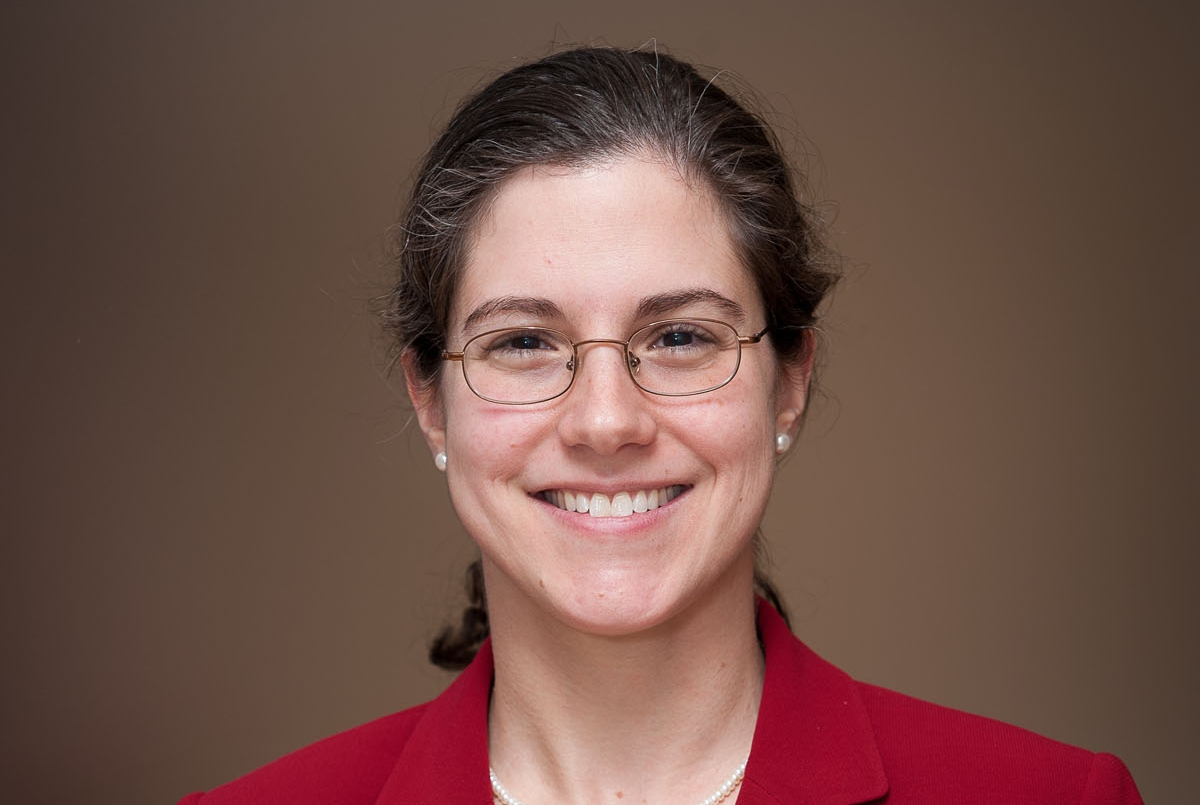Weill Cornell Researchers Develop Simple Self-Assessment Questionnaire
NEW YORK (Dec. 1, 2009) — Nearly a third of those with diabetes don't know they are ill. Now, researchers at Weill Cornell Medical College have developed a new screening tool aimed at improving early diagnosis in order to prevent or delay onset of the disease in adults. Details are published in the Dec. 1 Annals of Internal Medicine.
"Clinical trials show that high-risk individuals can reduce their risk of diabetes by more than half when they follow a well-structured, intensive, lifestyle modification program. Therefore, early diagnosis could be crucial," says senior author Dr. Lisa Kern, assistant professor of public health and medicine. "However, existing recommendations for diabetes screening by blood testing are not widely followed, and 30 percent of diabetics still go undiagnosed."
"Our goal was to develop an accurate and easy-to-use screening tool that can be used in a wide variety of community and clinical settings, including patient waiting rooms or online, or by using pencil and paper. The same questionnaire can be used for pre-diabetes as well as diabetes," says lead author Dr. Heejung Bang, associate professor of biostatistics in public health. "By highlighting risk factors for diabetes, this tool is designed to motivate people to be screened, or at least to spark a discussion with their doctor and encourage them to adopt a healthier lifestyle."
The six-item questionnaire scores risk factors for diabetes, including age, gender and exercise. Those with elevated scores are asked to consult with their physician, who may give them a glucose or hemoglobin A1c test.
To develop the tool, Dr. Bang and her colleagues used readily available health information from the National Health and Nutrition Examination Survey (NHANES) conducted by the National Center for Health Statistics in the Centers for Disease Control and Prevention (CDC) from 1999 to 2004. The sample was composed of 5,258 multi-ethnic U.S. adults, all age 20 years or older. Statistical analysis identified characteristics that were independently associated with undiagnosed diabetes.
After the scoring system was developed, it was validated and compared with other screening methods using data from NHANES 2005-2006 along with a combination of two large community studies, Atherosclerosis Risk in Communities (ARIC) and Cardiovascular Health Study (CHS). The Weill Cornell method was found to be more accurate than methods developed by the CDC, the American Diabetes Association (ADA), U.S. Preventive Services Task Force guidelines, as well as two ADA risk questionnaires and a European approach, called the Rotterdam model.
According to the researchers, although the different methods have been developed using slightly different frameworks and purposes, the existing methods are not widely used. They often target specific populations, and therefore may not be applicable to the general population, or may not be as simple to use.
"We are very excited about this new, practical screening tool," says Dr. Alvin Mushlin, professor and chairman of the Department of Public Health and one of the study co-authors. "Diabetes is a major and growing public health problem in this country and around the world. If identified early and addressed, its devastating effects can be greatly lessened. A simple questionnaire that provides more accurate information about who should undergo further screening has great potential to lessen its burden."
Additional study co-authors include Alison Edwards of the Weill Cornell Department of Public Health, Division of Biostatistics and Epidemiology; Dr. Andrew Bomback of NewYork-Presbyterian Hospital/Columbia University Medical Center Department of Medicine, Division of Nephrology; Dr. Christie Ballantyne of the Baylor College of Medicine Department of Medicine, Section of Atherosclerosis and Lipoprotein Research and Methodist DeBakey Heart Center, Center for Cardiovascular Disease Prevention; Dr. David Brillon of the Weill Cornell Medical College Department of Medicine; Dr. Mark Callahan of the Federation of Jewish Philanthropies Service Corporation; and Dr. Steven Teutsch of the Los Angeles County Department of Public Health.
Previously, Dr. Bang led a team of researchers who developed and validated a simple screening tool for kidney disease called SCORED (Screening for Occult Renal Disease).
Weill Cornell Medical College
Weill Cornell Medical College, Cornell University's medical school located in New York City, is committed to excellence in research, teaching, patient care and the advancement of the art and science of medicine, locally, nationally and globally. Weill Cornell, which is a principal academic affiliate of NewYork-Presbyterian Hospital, offers an innovative curriculum that integrates the teaching of basic and clinical sciences, problem-based learning, office-based preceptorships, and primary care and doctoring courses. Physicians and scientists of Weill Cornell Medical College are engaged in cutting-edge research in areas such as stem cells, genetics and gene therapy, geriatrics, neuroscience, structural biology, cardiovascular medicine, transplantation medicine, infectious disease, obesity, cancer, psychiatry and public health — and continue to delve ever deeper into the molecular basis of disease and social determinants of health in an effort to unlock the mysteries of the human body in health and sickness. In its commitment to global health and education, the Medical College has a strong presence in places such as Qatar, Tanzania, Haiti, Brazil, Austria and Turkey. Through the historic Weill Cornell Medical College in Qatar, Cornell University is the first in the U.S. to offer a M.D. degree overseas. Weill Cornell is the birthplace of many medical advances — including the development of the Pap test for cervical cancer, the synthesis of penicillin, the first successful embryo-biopsy pregnancy and birth in the U.S., the first clinical trial of gene therapy for Parkinson's disease, the first indication of bone marrow's critical role in tumor growth, and most recently, the world's first successful use of deep brain stimulation to treat a minimally conscious brain-injured patient. For more information, visit www.med.cornell.edu.
Andrew Klein
ank2017@med.cornell.edu

